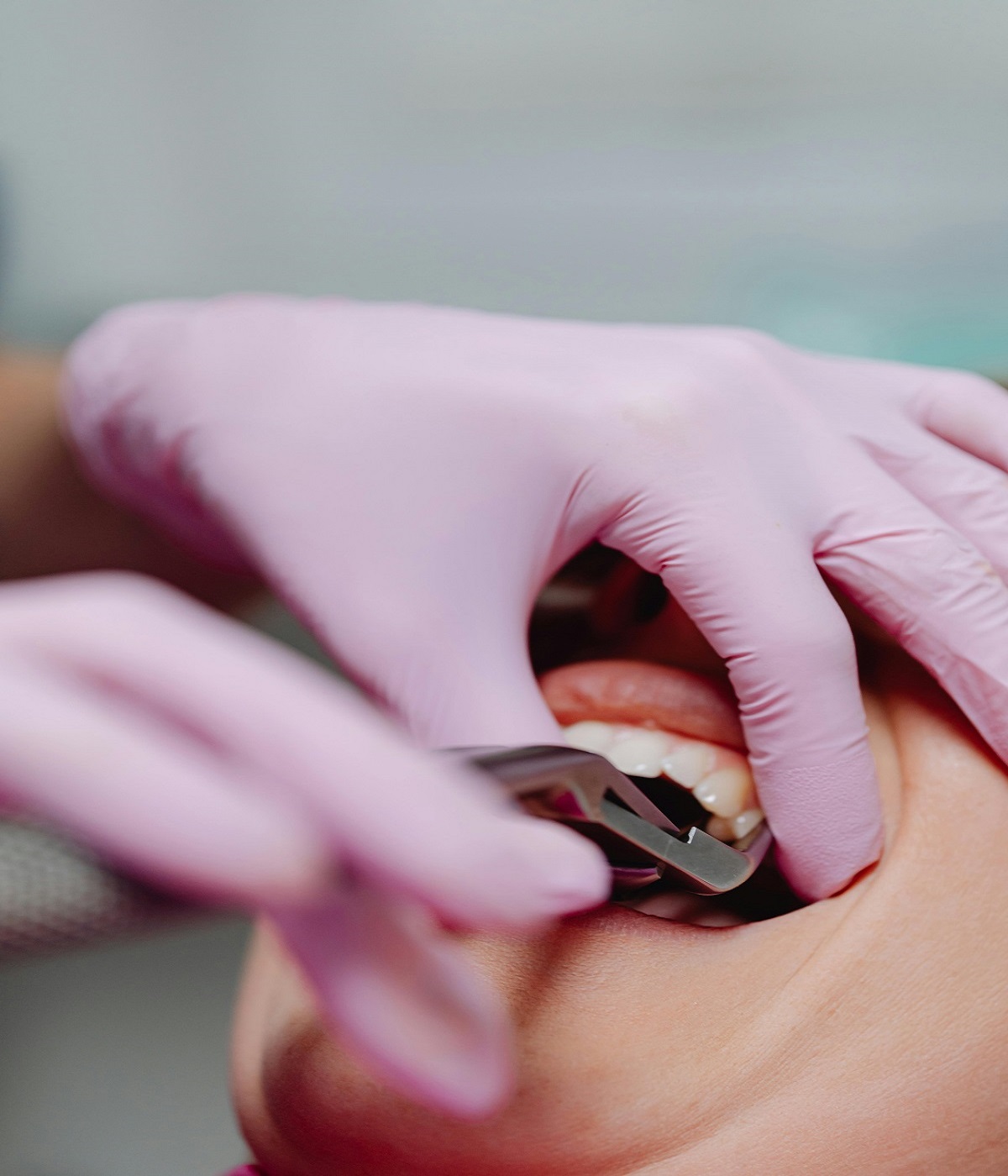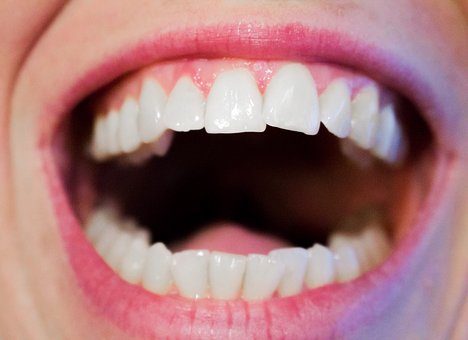Porcelain veneers have gained immense popularity in recent years as a solution for achieving a flawless smile. These custom-made shells can correct a variety of dental imperfections, including discoloration, chips, gaps, and misalignment. However, before deciding to get porcelain veneers, it’s crucial to evaluate whether they are the right choice for you. This article will explore key factors to consider, helping you make an informed decision about enhancing your smile with porcelain veneers.
1. Understanding Your Dental Needs
The first step in determining if porcelain veneers are right for you is to assess your dental needs. Porcelain veneers are best suited for individuals with specific cosmetic concerns, such as:
- Discoloration: If your teeth are stained or discolored due to factors like smoking, aging, or certain medications, veneers can provide a brighter appearance.
- Chips and Cracks: Veneers can effectively cover minor chips or cracks in your teeth, restoring their natural look.
- Gaps Between Teeth: If you have small gaps or spaces between your teeth, veneers can create a more uniform appearance.
- Misalignment: While not a substitute for orthodontic treatment, veneers can help improve the appearance of slightly misaligned teeth.
Before proceeding, it’s essential to consult with a qualified cosmetic dentist who can evaluate your teeth and determine if veneers are suitable for your specific concerns.
2. Oral Health Status
A critical factor to consider is your overall oral health. While porcelain veneers can address aesthetic issues, they are not a solution for underlying dental problems. Before getting veneers, your dentist will evaluate your oral health, looking for:
- Cavities: Any existing cavities should be treated before applying veneers.
- Gum Disease: Healthy gums are essential for the long-term success of veneers. If you have gum disease, it must be addressed prior to the veneer application.
- Tooth Decay: Significant decay can compromise the integrity of your teeth and make veneers less effective.
If you have any oral health issues, your dentist will likely recommend treating these concerns before considering veneers.
3. Commitment to Oral Hygiene
Caring for porcelain veneers is vital to ensure their longevity and appearance. Before opting for veneers, consider your commitment to maintaining good oral hygiene, including:
- Daily Brushing and Flossing: Just as with natural teeth, you’ll need to brush twice a day and floss daily to keep your mouth healthy and your veneers looking their best.
- Regular Dental Visits: Regular check-ups and cleanings are essential for maintaining both your veneers and your overall dental health. Make sure you’re prepared to visit your dentist at least twice a year.
- Avoiding Certain Foods: While porcelain veneers are durable, they can still be chipped or damaged by hard foods. Being mindful of your diet is crucial.
If you’re willing to commit to a proper oral care routine, porcelain veneers can be a long-lasting solution.
4. Realistic Expectations
Having realistic expectations is crucial when considering porcelain veneers. While they can significantly improve your smile, it’s important to understand what they can and cannot do. Keep in mind:
- Not a Permanent Solution: Although porcelain veneers are durable, they typically last 10 to 15 years with proper care. After that time, they may need to be replaced.
- May Require Tooth Reduction: The process often involves removing a small amount of enamel from the front of your teeth to accommodate the veneers. This irreversible step is essential for a proper fit and natural appearance.
- Not for Everyone: Porcelain veneers may not be the best option for individuals with extensive dental work or those who grind their teeth (bruxism). Your dentist can provide alternatives if veneers aren’t suitable for you.
Being aware of these factors can help you make a more informed decision about pursuing porcelain veneers.
5. Cost Considerations
Porcelain veneers can be a significant investment, typically ranging from $800 to $2,500 per tooth. While many people find the results worth the cost, it’s essential to consider your budget and insurance coverage. Here are some points to consider:
- Insurance: Most dental insurance plans do not cover cosmetic procedures, including veneers. Check with your provider to understand your coverage.
- Financing Options: Many dental practices offer financing plans to help patients manage the cost of veneers. Inquire about payment options available to you.
- Long-Term Value: While the upfront cost can be high, the long-term benefits of enhanced confidence and improved oral aesthetics can make veneers a valuable investment.
6. Consultation with a Cosmetic Dentist
Before making a final decision, schedule a consultation with a cosmetic dentist who specializes in porcelain veneers. During this appointment, your dentist will:
- Evaluate Your Dental Health: Assess your overall dental health and specific needs.
- Discuss Your Goals: Talk about your cosmetic goals and what you hope to achieve with veneers.
- Explain the Procedure: Provide detailed information about the veneer application process, including the time frame, costs, and aftercare.
- Review Alternatives: If veneers aren’t suitable for you, your dentist can recommend other options, such as teeth whitening, bonding, or orthodontics.
Conclusion
Deciding whether porcelain veneers are right for you involves careful consideration of several key factors, including your dental needs, oral health status, commitment to hygiene, expectations, cost, and consultation with a cosmetic dentist. By taking the time to evaluate these aspects, you can make an informed decision that aligns with your goals for achieving a stunning, confident smile. If you believe that porcelain veneers may be the right choice for you, schedule a consultation with a qualified cosmetic dentist to explore your options and take the first step toward your smile transformation.




